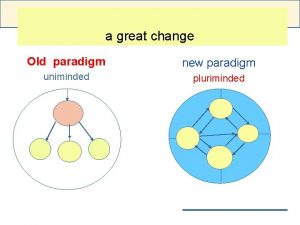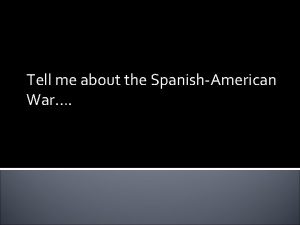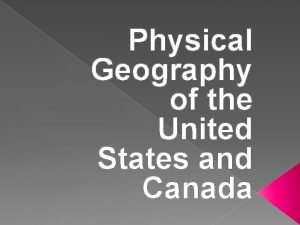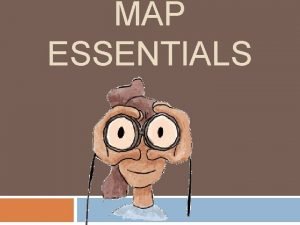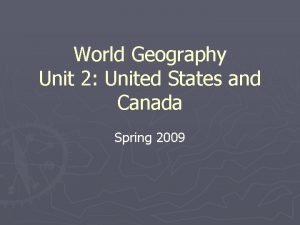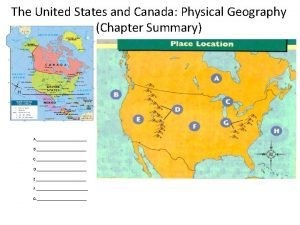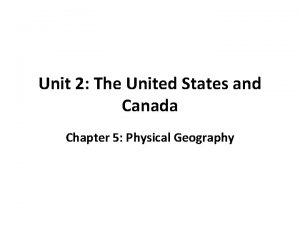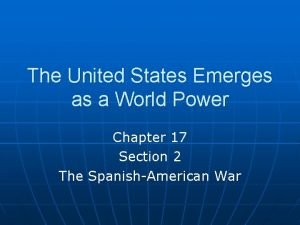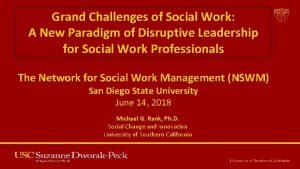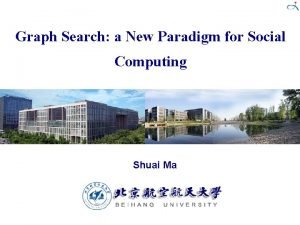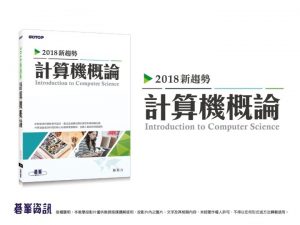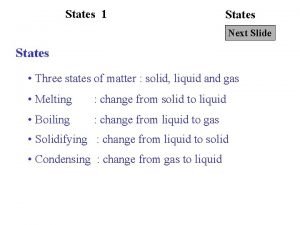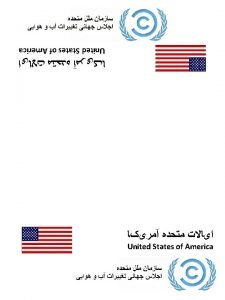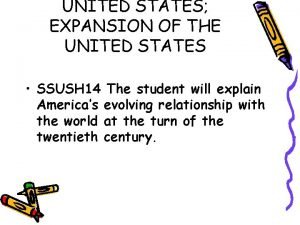United States v Jones and the New Paradigm











- Slides: 11

United States v. Jones and the New Paradigm of Fourth Amendment Jurisprudence Anna Tsiftsoglou (University of Athens, Greece) 5 th International Conference-Information Law & Ethics Ionian Academy, Corfu, Greece, June 30, 2012

1. Facts of the Case • Jones and suspicions on drug trafficking • FBI gets a surveillance warrant but misses on details (duration – location) • Information gathered – Jones indicted • Jones wins on Appellate level – • Suppress Illegally Obtained Evidence • Issue: Is GPS Surveillance Unconstitutional?

2. The Fourth Amendment (1791) The right of the people to be secure in their persons, houses, papers, and effects, against unreasonable searches and seizures, shall not be violated, and no Warrants shall issue, but upon probable cause, supported by Oath or affirmation, and particularly describing the place to be searched, and the persons or things to be seized”.

Justice Antonin Scalia (age: 76) Appointed by President Reagan in 1986, conservative, originalist, textualist, against ‘living constitution’, Italian American (Sicily)

Justice Samuel Alito (age: 62) Appointed by President G. W. Bush in 2005, confirmed in 2006, conservative, leans to libertarian wing - Italian American Heritage

3. Scalia v Alito- ‘Italian’ Debate • Case Decided Unanimously on “search” (9/9) • But Two Blocks of Justices (Scalia v Alito) over 4 th Amendment Interpretation • Scalia: embrace history and find solid avenues • History of Fourth Amendment – – Property Theories – physical connotations • Katz (1967) doctrine- “Reasonable Expectation of Privacy” – circular – may be supplementary

3. Scalia v Alito- ‘Italian’ Debate • Fourth Amendment Text dates from 18 th cent. • GPS Surveillance an issue of 21 st century • Scalia Interpretation may ‘restore our faith’ in Fourth Amendment– Offer Justices Objective Criteria to play with – Combine pre-Katz and post-Katz doctrine – Resurrect property connotations of search

3. Scalia v Alito- ‘Italian’ Debate • Alito: follow the ‘living constitution’ and develop doctrines to cope with the digital age – Katz Doctrine may be key to future interpretation – Property theory outdated –challenges majority • Mosaic Theory (Orin Kerr, Michigan Law Review 2012, forthcoming) – Courts treat police activity collectively to determine “search” and 4 A Violations – a true “mosaic” – Possible Implications – Skepticism for its application

4. Courts v Congress • • • Institutional Debate Justice Alito gives a hint A Matter of Institutional Competence Technology Regulation for the future Pros and Cons of Judicial Decision-Making ‘Who Decides on Last Resort’?

5. The New Paradigm? • ‘Mosaic Theory’ for criminal procedure • Living Constitution (Alito) • History and Consolidation (Scalia)

Larry Lessig on Interpretation “The Challenge of Fidelity in Constitutional Interpretation is how broadly we allow that past to constrain us or who we as a nation will become. Constitutional Tradition cannot sensibly adopt either of the two extremes (…) But the sensible line between these two extremes is not obvious, or stable, or protectable from manipulation – especially in the future” [Epilogue in Constitution 3. 0. , 2011]
 Old paradigm meaning
Old paradigm meaning What is the message
What is the message United states and canada physical map
United states and canada physical map World map with longitude and latitude lines
World map with longitude and latitude lines Mediterranean climate in us
Mediterranean climate in us Slidetodoc.com
Slidetodoc.com Us history regents essay
Us history regents essay Chapter 5 section 1 landforms and resources
Chapter 5 section 1 landforms and resources The united states emerges as a world power
The united states emerges as a world power New paradigm leadership
New paradigm leadership New paradigm leadership
New paradigm leadership Unified definition
Unified definition
